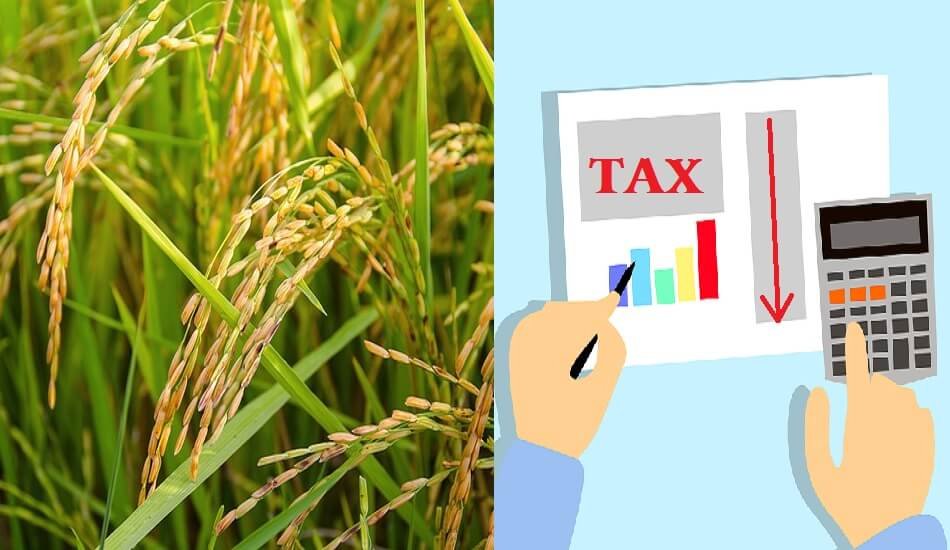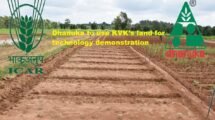Basmati exporters asked Haryana CM to reduce mandi tax, in line with other States.
Because Haryana has the highest taxes on Basmati paddy, exporters have asked for a reduction in mandi and other various fees from the existing 6.5% to bring it in line with other States so farmers may earn better pricing.
In a written statement to State Chief Minister Manohar Lal Khattar, President of Haryana Rice Exporters Association (HREA), Sushil Jain, stated that the combination of Kachi Aadhat/Dami (commission charged by commission agents), market fees, and rural development cess, places Haryana at the top of all states in terms of taxes.
Furthermore, the governments of Punjab, Uttaranchal, and Uttar Pradesh have made market fees and RD cess refundable on export. Furthermore, electricity rates, labour charges, and other expenses are already higher in Haryana than in neighbouring states, according to Jain.
Also Read | Cocoon mandi in Karnataka to benefit 30,000 Seri farmers & 6,000 Silk reelers.
‘In Haryana, the high rate of market fees (levied by APMC mandis) and RD cess has become a source of corruption by creating unhealthy competition between fee-evaders and honest businessmen. In Haryana, it has become tough for an honest industrialist to compete and manage their firm,’ Jain remarked.
Post farm laws and Haryana
Haryana was one of the few states that supported the Centre’s three farm laws, which were abolished last year after nearly 18 months in operation. Following the Supreme Court’s injunction of the restrictions, direct purchases from farmers became common, as many states were lax in implementing the mandi laws. According to traders, agriculture commerce in Haryana has been limited to mandis since the rules were repealed.
According to Jain, Haryana increased market fees on basmati paddy from 0.5% to 2% effective June 22, 2021, and RD cess from 0.5% to 2% effective January 1, 2019. According to him, the Association has sought that market fees on Basmati paddy be reduced to 1% and the RD cess be reduced to 0.5%.
The Goods and Services Tax (GST) was implemented by the Centre with the main goal of ‘One Nation One Tax,’ which means that everyone should pay the same rate of taxation on the same goods, he added.
Also Read | Indian farmers started switching to online platforms from mandis at super fast.
‘Each state charges a different rate of market fees and cess, as well as a different rate of commission to commission agents, for the same services.’ It is a big unfairness to the farmers since their selling prices must factor in what traders in other states are paying,’ said Vijay Setia, a former president of the All India Rice Exporters Association who also owns a business in Haryana.
‘If Basmati paddy costs a trader 4,100 per quintal in one State, he will not buy at a higher rate from a neighbouring State and ultimately pass on the burden of increased taxes to the farmers by paying them less,’ Setia noted.















Add Comment